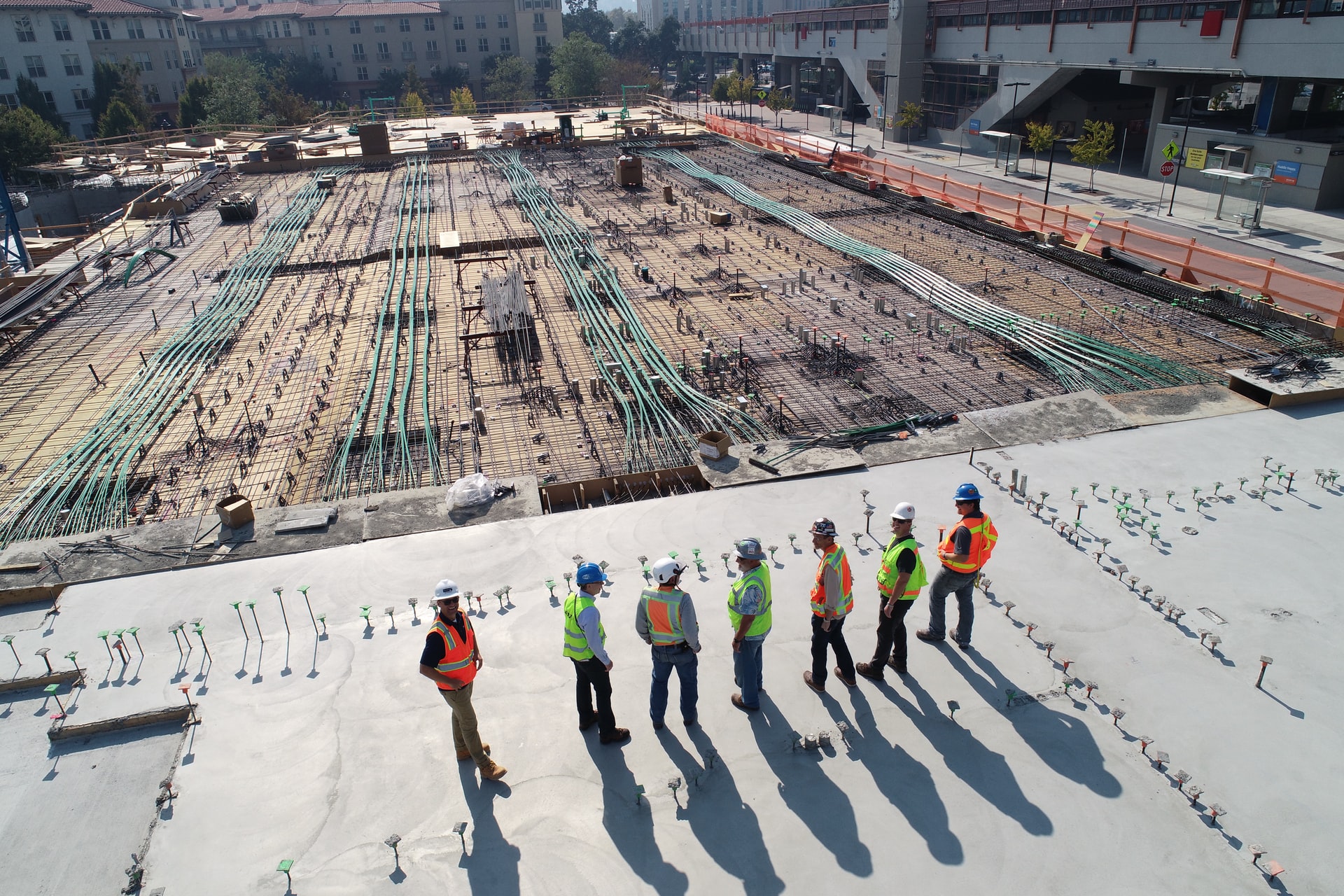

Public works and construction
The construction sector alone accounts for 43% of France’s energy consumption. It is also responsible for 23% of the country’s greenhouse gas emissions.
Joining the global drive to reduce its carbon footprint and consume less energy, France has set itself ambitious targets for 2030.



